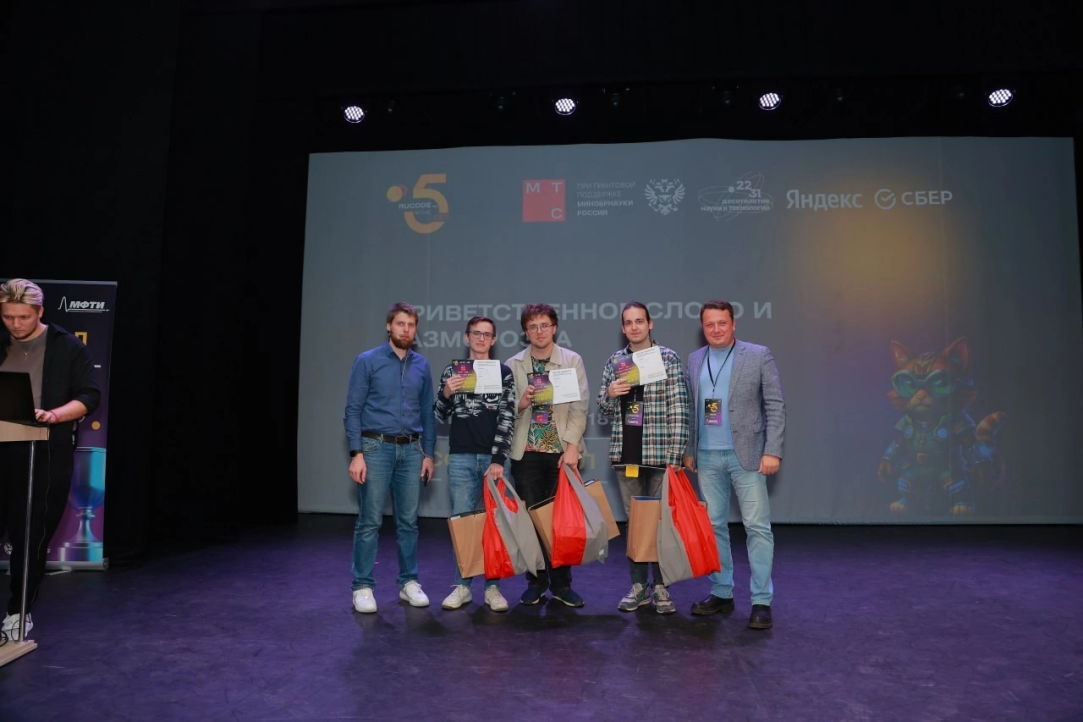
HSE Team Takes First Place in RuCode Algorithmic Programming Championship
On October 20, 2024, the final round of the RuCode Algorithmic Programming Championship took place, setting a new record in the Russian Book of Records as the ‘Largest Competitive Programming Event.’ The event, held simultaneously across 24 locations, hosted 1,450 participants divided into 500 teams. The overall winner of the senior team division was the M.O.S.C.O.W. team from the HSE Faculty of Computer Science (FCS).
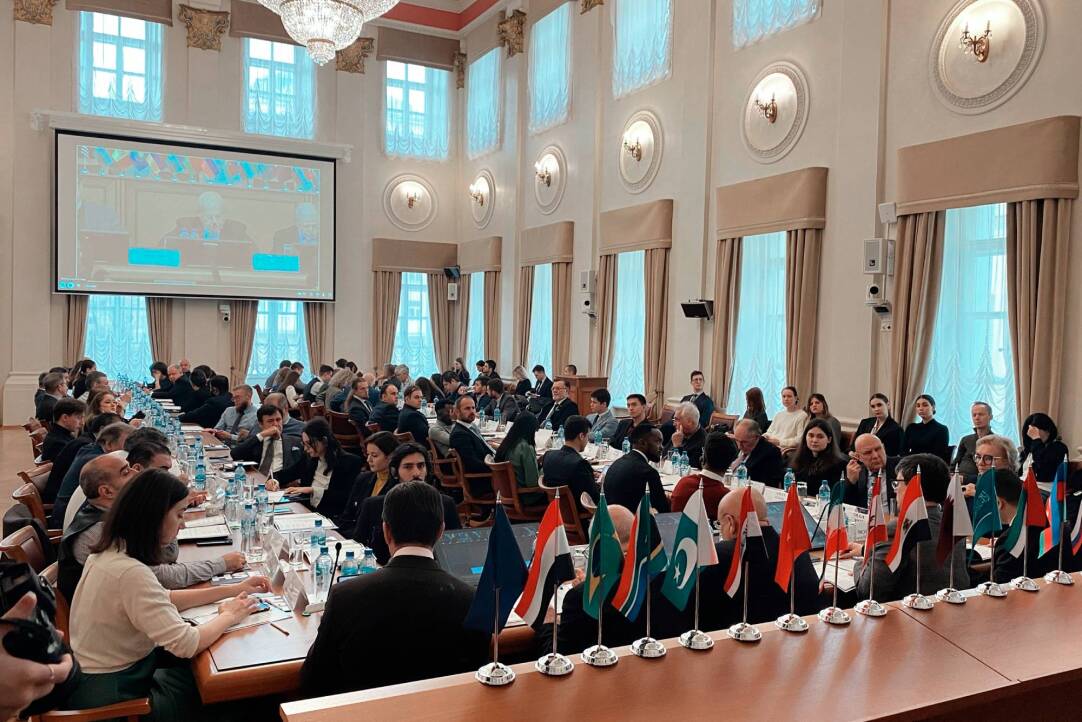
The Path to Multipolarity Runs Through Siberia
HSE University held the VI International Conference, ‘The World Majority towards a New International Order.’ Scholars discussed the development of a multipolar world, the role of the Global South in this emerging order, Russia's collaboration with countries of the world majority, the new role of Siberia in Russia's turn to the East, and closer expert cooperation to enrich the intellectual foundation of new principles in international order.
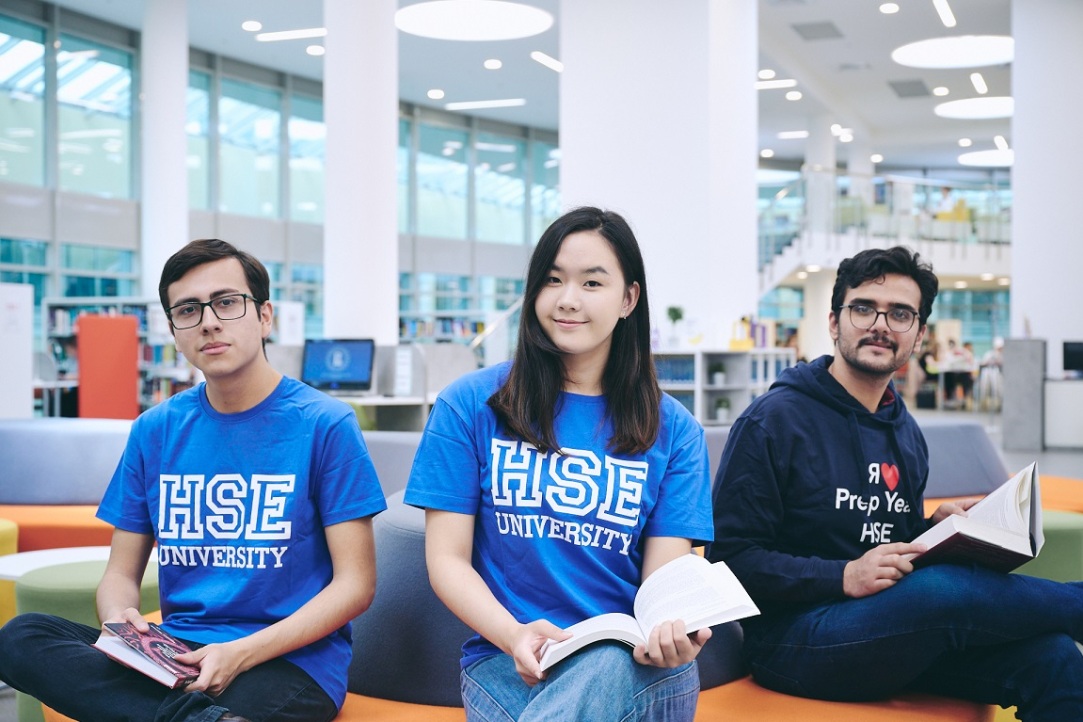
Growing Interest among Foreign Citizens in Studying at HSE University: Results of 2024/25 Admissions and Launch of New Campaign
The steadily growing interest in studying at HSE University, particularly among applicants from CIS and Asian countries, reflects the high quality of Russian education. This year, as part of a separate admissions process for international applicants, 2,267 students were enrolled across all HSE University's campuses for the 2024/25 academic year, representing a 14% increase compared to last year.
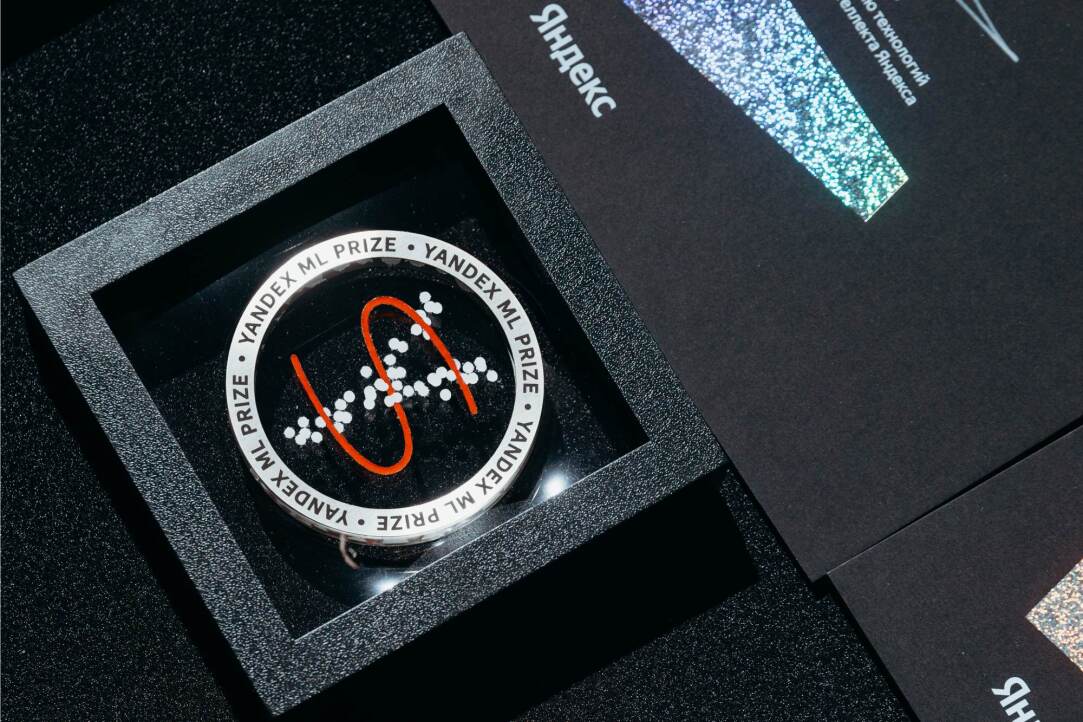
HSE Teachers Awarded Yandex ML Prize
The awards ceremony for the international Yandex ML Prize was held in Moscow. This year, all three winners in the ‘ML Educators’ category were HSE faculty members—Evgeny Sokolov, Associate Professor and Head of the Big Data and Information Retrieval School, Anton Konushin, Associate Professor at the Faculty of Computer Science, and Aleksei Shpilman, Associate Professor at the Department of Informatics at HSE’s St Petersburg School of Physics, Mathematics, and Computer Science.
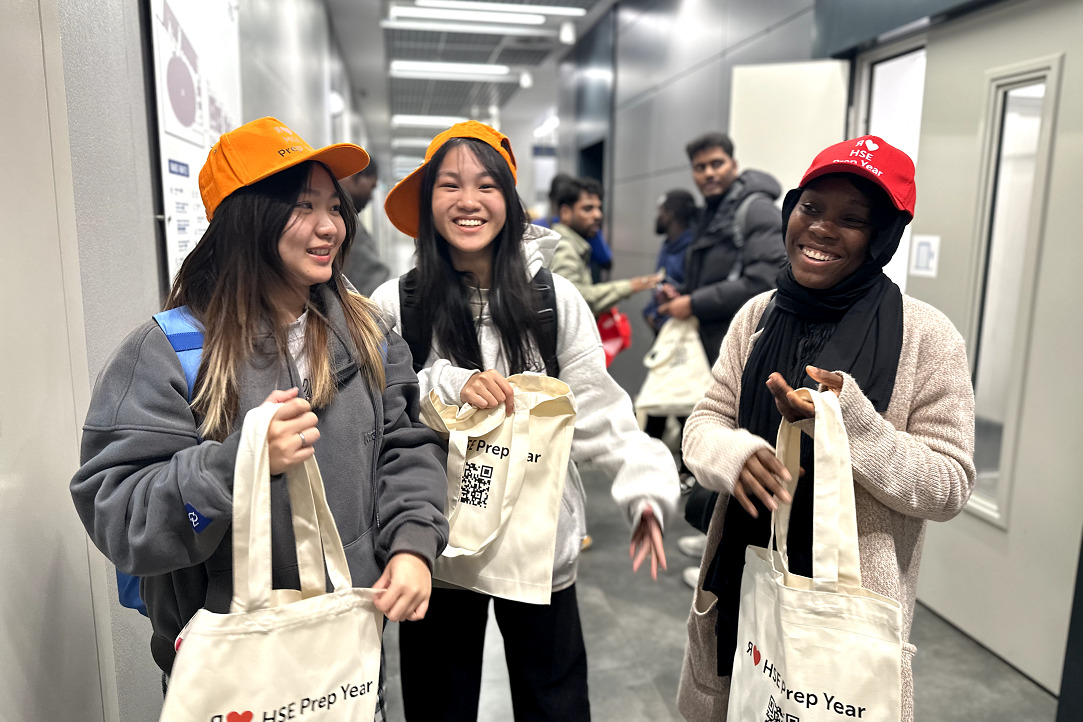
‘Our International Students Embody a Dynamic Blend of Ambition, Curiosity, and Adaptability’
In October, the HSE International Prep Year programme held orientation sessions for its newcomers. Why should one study Russian? What is the admission process like at HSE University? Is it easy to navigate through Moscow and the HSE buildings? The HSE News Service discussed these and other questions with Faizullah from Afghanistan, Sechang from South Korea, and Faith from Zambia—all newly enrolled students of the Prep Year.
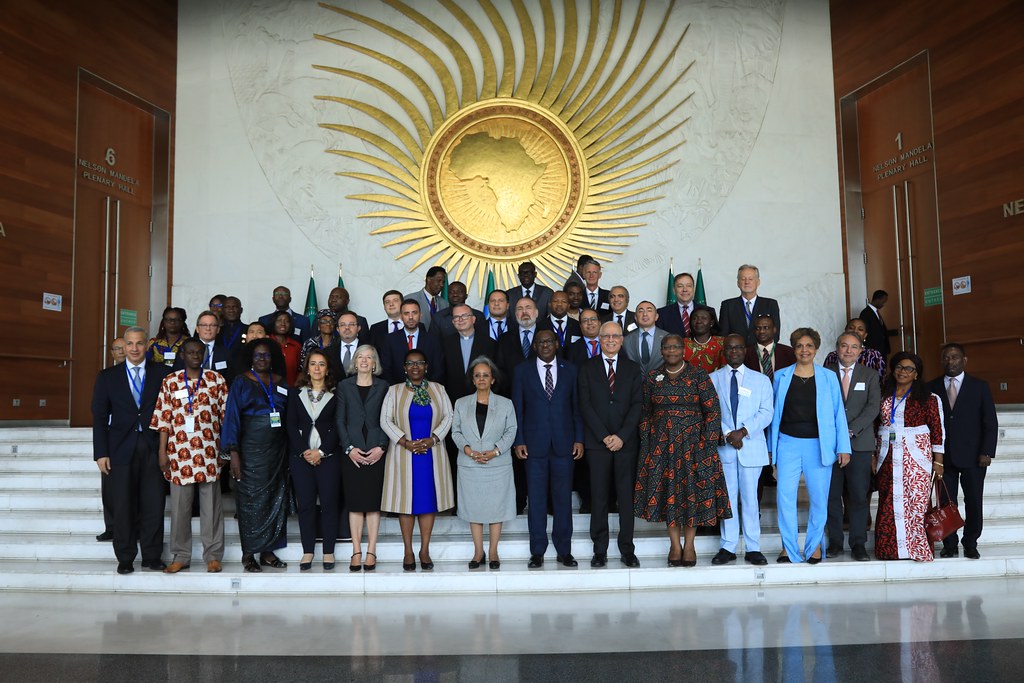
HSE Experts Help to Implement Science and Technology Foresight in Africa
The population of African countries is growing so fast that the continent is likely to play a significant role in global development. However, the socio-economic situation in African States remains dramatic. Access to high-quality education, the development of science and high technologies are crucial in addressing these challenges. Professor Alexander Sokolov, Head of the UNESCO Chair on Future Studies at HSE University, spoke at the International Forum of UNESCO Chairs and Partners ‘Transforming Knowledge for Africa’s Future.’ The event took place in Addis Ababa, Ethiopia.
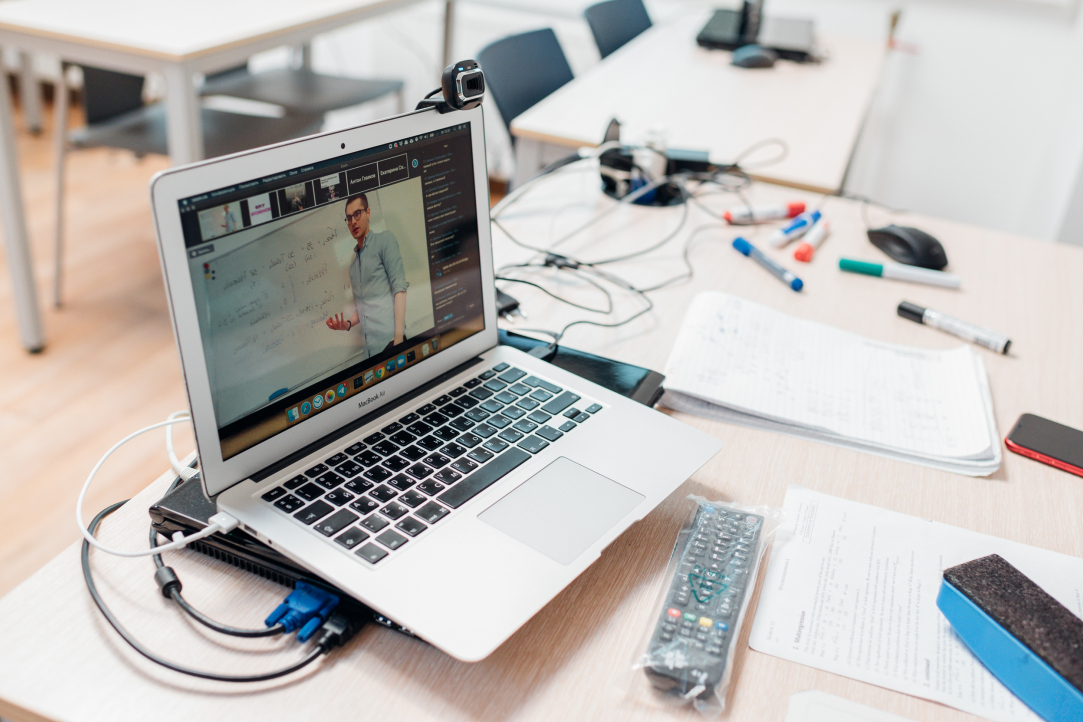
‘Science Is International and Aims to Benefit All of Humanity’
On October 28–30, 2024, the autumn school ‘Advances in Decision Analysis’ took place at HSE University, organised by the HSE International Centre of Decision Choice and Analysis. Among its speakers were prominent Russian and international researchers, including Nobel laureate in Economics and centre member Eric Maskin. Professor Fuad Aleskerov, head of the Centre and of the Department of Mathematics at the HSE Faculty of Economic Sciences, shared insights about the school.

Secret to Creativity: What Is Needed for the Development of Creative Industries
The importance of creative industries in driving economic development is undeniable today. Russian and foreign researchers came together at HSE University for the IIV International Academic Conference 'Creative Economy: Main Development Trends and State Policy' to discuss the factors and specific aspects shaping this field.
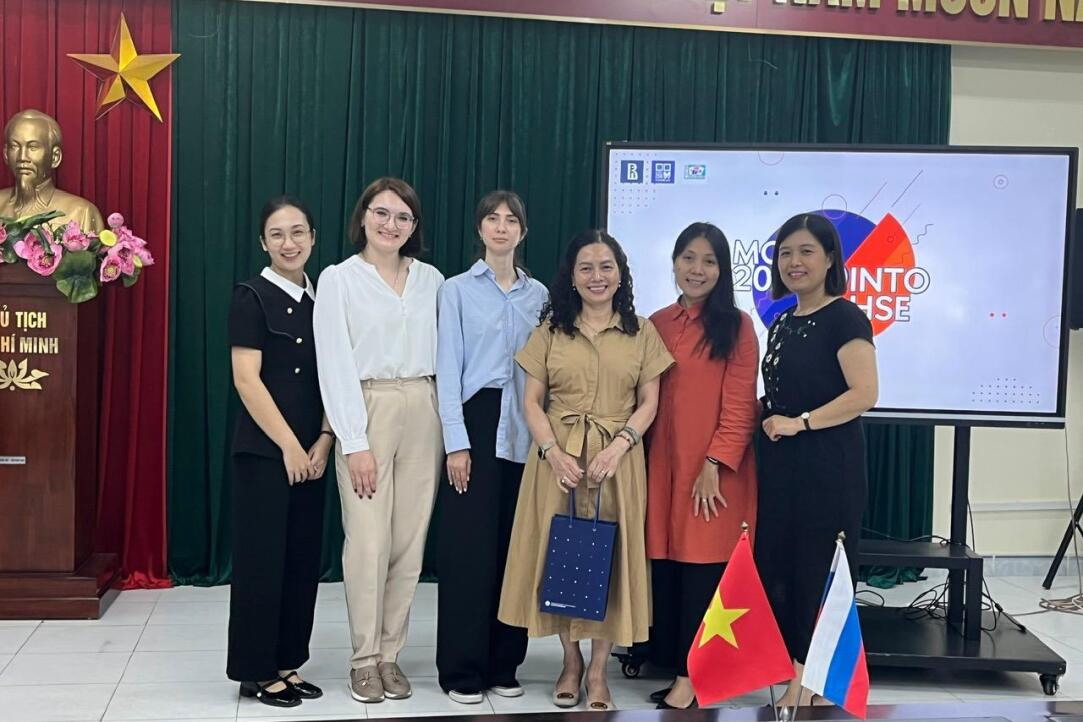
Delegation from HSE University-St Petersburg Visits Schools and Higher Education Institutions in Vietnam
In October, the faculty and staff of HSE University-St Petersburg held the HSE International Olympiad and Mathematical Olympiad by HSE University at three schools in Hanoi. The tasks on social sciences were designed by professors of HSE University-St Petersburg. During the trip, the delegation also visited higher education institutions in Hanoi and Ho Chi Minh City, including VNU University of Economics and Business (VNU-UEB), a partner of HSE University-St Petersburg.
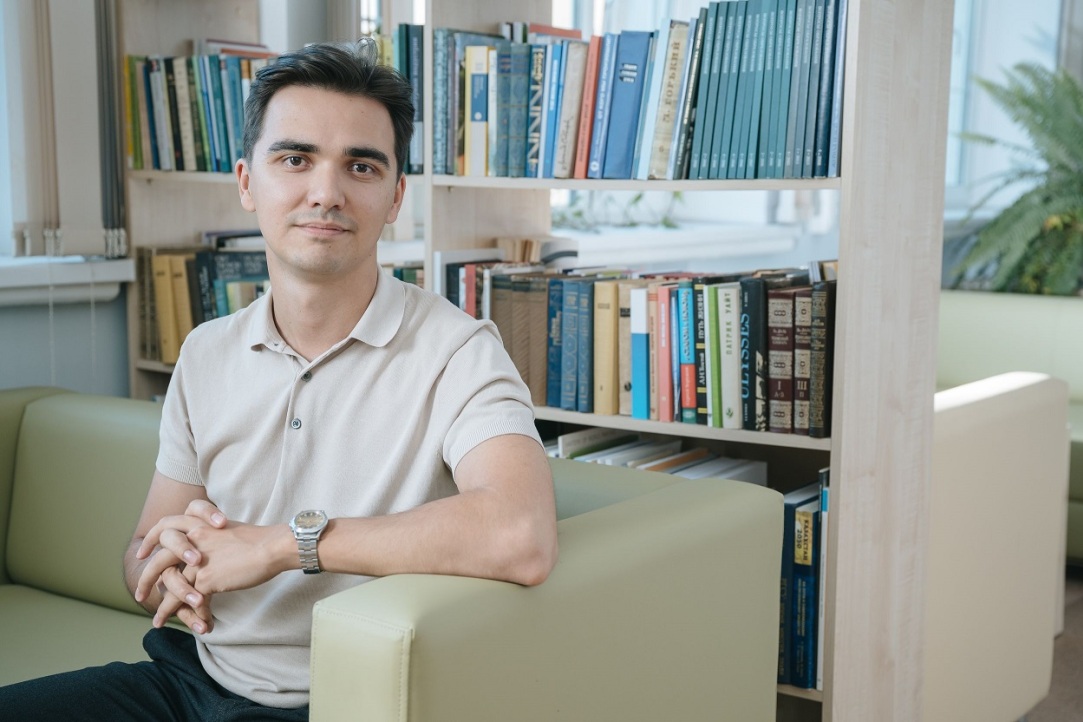
'Science Does Not Permit Fakes and Cheating'
As a child, Konstantin Anchikov imagined becoming 'director of the office,' and now he is researching general and extracurricular education. In this interview with the HSE Young Scientists project, he speaks about his squabbles with ChatGPT, the educational trajectories observed in remote regions, and his field expeditions to Kamchatka and Transbaikalia.


Submission Deadline: December 20, 2025